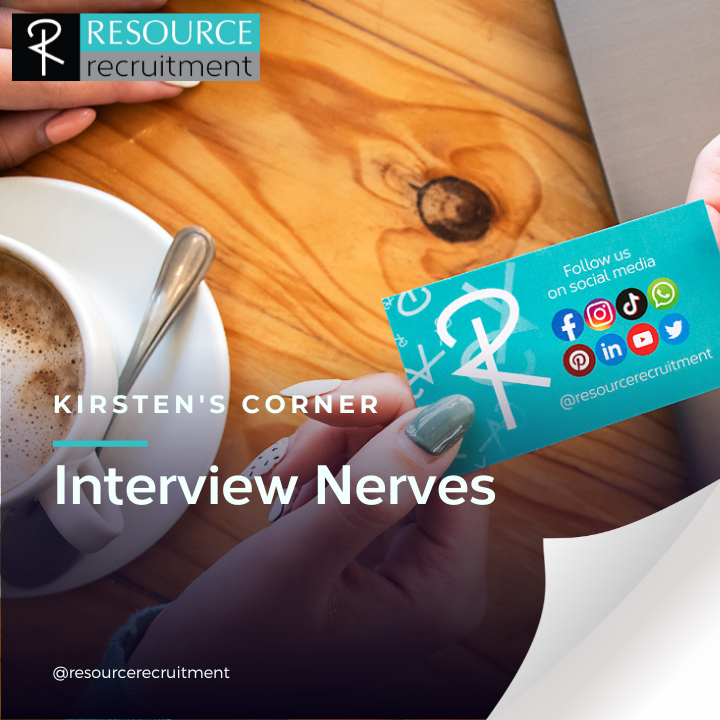
27 Oct Interview Nerves The Psychology Behind It
Interview Nerves
The Psychology Behind It and How Best to Harness It.
Although not always a comfortable experience, being nervous can be a good thing and if used correctly – even productive. Nervousness, unlike anxiety (which is something very different), is a common emotion that occurs very naturally in the body when your normal state or system is ‘threatened’. This can occur in situations that challenge your comfort zones such as a job interview or giving a speech. The fear that accompanies these situations is biologically designed to actually assist you more than it is to hinder you and links back to your fight or flight response. When you feel nervous your brain does an incredible thing of preparing your body for a response to the adverse stimulus by triggering a sequence of events that ultimately leads to the production of adrenaline. So how exactly would you utilise this response so that it works to your advantage?
- Think of yourself as excited, rather than nervous.
So often we think the best way to handle being nervous is to try and calm ourselves down but studies show that this isn’t actually the most effective way of handling those situations. Instead, get yourself excited! If you think about it, it makes sense: the emotional charge being used for nervousness is the same that is being used for excitement. In these moments you already have your endorphins going and heart racing, so it’s harder to get yourself to calm down than it is to turn those nerves into excitement by channelling it in a different way. By seeing the task as an opportunity rather than a threat you trick your brain into responding in a more productive manner.
- Develop a ritual
Think about a professional golf player – do you notice the small rituals they are performing before they hit the ball? These small acts form a part of a valuable function of neutralizing nervousness. Before an interview, a ritual for you might be to straighten your jacket or put your hands on your lap and straighten your posture. See these as acts that focus your concentration on the task at hand and counter your mind that is racing and overthinking.
- “Fake it till you make it.”
You might have heard this one already, but there is actually a lot to be said for tricking your brain into thinking positively and expecting the best outcome. Even the smallest cues you give yourself, such as smiling, and nodding can have a massive effect. By creating an affirmation and telling yourself “you’ve got this” your physiology will follow suit.
When you think about all the good things that have occurred in your life you will notice that nerves have been present for them. Starting a new job, your wedding day, meeting a new person, becoming a parent, your graduation- the list goes on. Nerves will always form a part of your life, but it doesn’t always need to be in a negative way. If you learn to become comfortable with being uncomfortable nerves can be your biggest tool in pushing your boundaries and reaching your goals.
Article by Chrissi Preuss, Psychology (Hons.)



